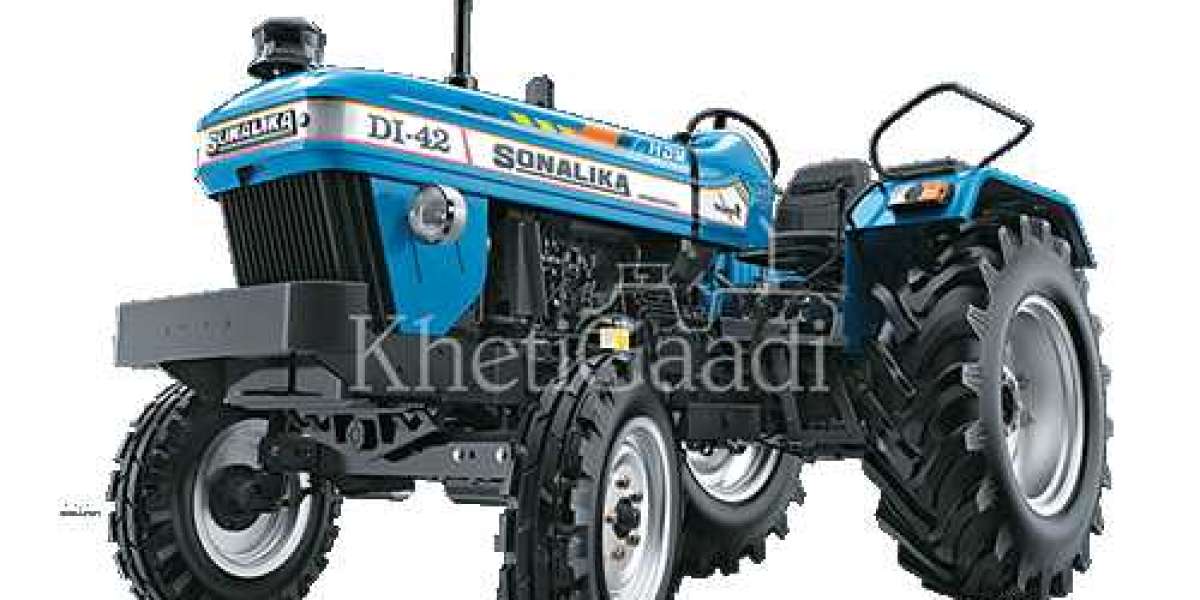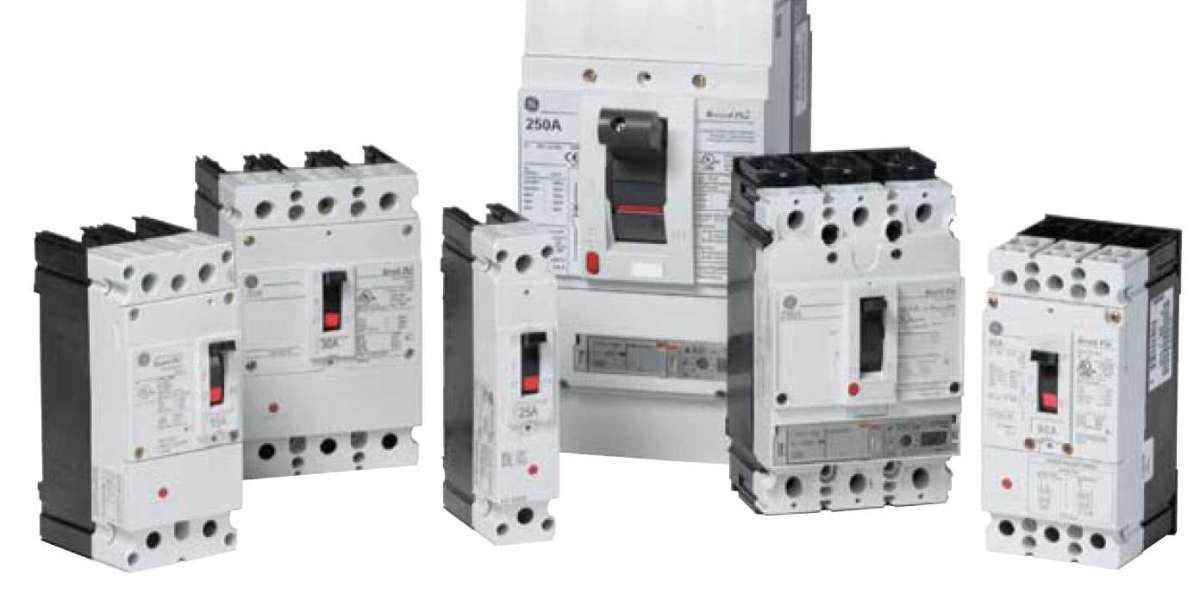When it comes to choosing a reliable and efficient tractor for agricultural needs, two prominent models stand out in the market: the Sonalika 750 DI III and the Powertrac 439 DS Plus. Both of these tractors come from reputable manufacturers and are designed to cater to different farming requirements. In this article, we will delve into the specifications of these two models, compare their features, and help you decide which tractor suits your needs the best.
Sonalika DI 750 III Specifications
The Sonalika DI 750 III is a powerful tractor that belongs to the 55 HP category. It boasts a robust engine with a capacity of 3707 CC and an engine-rated RPM of 2000. This model is equipped with four cylinders, ensuring a smooth and efficient performance. One of the standout features of the Sonalika DI 750 III is its oil-immersed brakes, which provide enhanced safety and durability.
The tractor also comes with mechanical steering, which, although not as advanced as power steering, offers reliable control and maneuverability. The PTO (Power Take-Off) power of the Sonalika DI 750 III is 43.58 HP, with a PTO RPM of 540, making it suitable for a variety of farming implements and applications.
Powertrac 439 DS Plus Specifications
The Powertrac 439 DS Plus is a slightly less powerful model, falling into the 41 HP category. It features an engine capacity of 2339 CC and an engine-rated RPM of 2200. This tractor is equipped with three cylinders, which is fewer than the Sonalika DI 750 III but still provides ample power for various agricultural tasks.
Similar to the Sonalika model, the Powertrac 439 DS Plus also comes with oil-immersed brakes, ensuring reliable stopping power and longevity. The steering type in this model offers both power steering and mechanical options, providing flexibility based on the user’s preference and the task at hand. The PTO power is not explicitly stated for this model, but it does have a PTO RPM of 540, making it compatible with standard farming implements.
Comparing the Two Models
Engine Power and Capacity
When it comes to engine power and capacity, the Sonalika DI 750 III takes the lead with its 55 HP engine and 3707 CC capacity. This makes it more suitable for heavy-duty tasks and larger farming operations. In contrast, the Powertrac 439 DS Plus, with its 41 HP engine and 2339 CC capacity, is ideal for smaller to medium-sized farms where maneuverability and fuel efficiency are more critical.
Engine RPM and Cylinders
The Sonalika DI 750 III has an engine-rated RPM of 2000, which is slightly lower than the Powertrac 439 DS Plus’s 2200 RPM. However, the Sonalika model's four-cylinder engine provides a smoother operation and better torque, which can be beneficial for tasks requiring consistent power. The Powertrac’s three-cylinder engine, while still effective, might not offer the same level of smoothness but compensates with a higher RPM.
Brake and Steering Systems
Both models feature oil-immersed brakes, which are known for their durability and effective braking performance. This similarity ensures that both tractors provide reliable and safe operation.
In terms of steering, the Powertrac 439 DS Plus offers an advantage with its dual steering options (power and mechanical). This flexibility can be particularly useful for operators who prefer the ease of power steering for certain tasks or need the robustness of mechanical steering for others. The Sonalika DI 750 III, with its mechanical steering, is reliable but may require more effort from the operator.
PTO Power and RPM
The PTO power of the Sonalika DI 750 III is 43.58 HP, making it highly capable of handling various farming implements such as plows, harrows, and seed drills. The PTO RPM of both tractors is 540, a standard rate that ensures compatibility with most agricultural equipment. While the PTO power for the Powertrac 439 DS Plus is not specified, its 540 RPM indicates it can still be used effectively with a range of implements.
Conclusion
Choosing between the Sonalika DI 750 III and the Powertrac 439 DS Plus ultimately depends on your specific farming needs and preferences. The Sonalika DI 750 III, with its higher HP and larger engine capacity, is more suited for extensive farming operations and tasks that require consistent power. On the other hand, the Powertrac 439 DS Plus offers flexibility with its dual steering options and is ideal for smaller farms where maneuverability and efficiency are prioritized.
Both tractors have their unique strengths, and understanding these can help you make an informed decision. Whether you need the power and capacity of the Sonalika DI 750 III or the versatility of the Powertrac 439 DS Plus, both models are excellent choices that will enhance your farming operations.








